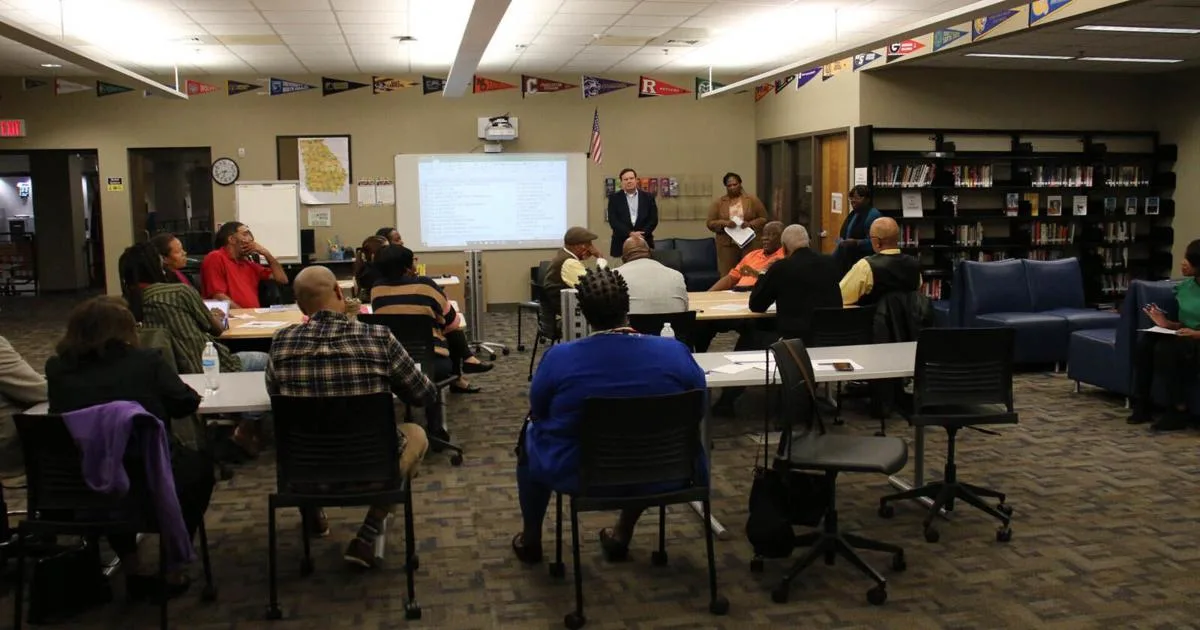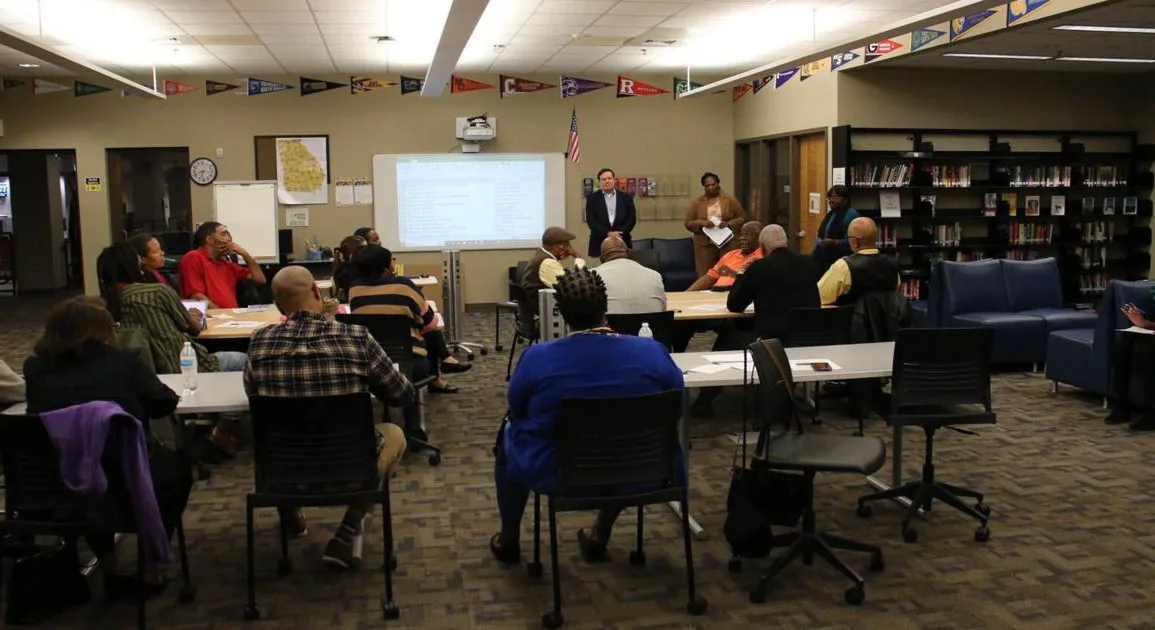
On Oct. 24, Athens-Clarke County commissioners and members of the Clarke County School District board hosted a town hall meeting with community members to discuss recent findings of a local disparity studies.
Community members proposed how to further integrate Black individuals and students into Athens businesses.
“We may have policies in place that … are going to actually foster the support for procurement to do what it needs to do to help bring and foster diversity and inclusion through the Clark County School District’s Procurement Office,” Hope Iglehart, the Director of Engagement and African American Heritage at Historic Athens, said. “And so that means creating policies that support that and making sure that money is behind that as well.”
According to a study conducted by MGT Consulting Group, a company hired by ACCGov, 98.99% of all payments made in the county were made by non-minority and non-women business enterprises (Non M/WBE). Only 1.01% of payments made in the county were made by M/WBEs, and only 0.05% were made by African Americans.
The study period was from July 1, 2017, to June 30, 2021, and was based on the following categories: construction, architecture and engineering, professional services and other services and goods.
“While there are organizations that are working towards some of these goals, we want to also ensure that there’s equity organizations to also access and have the ability to do some of the programs that maybe some of the more established nonprofits are supporting,” Christina Hylton said. “I think it’s important to support the community organizations who also need a pathway to have everything that they need in order to develop.”
ACCGov made a number of recommendations following the publishing of the disparity report data. These recommendations relate to the implementation of certain programs that would benefit M/WBE firms.
Veronica Jackson, the Purchasing and Contracts Coordinator for CCSD, explained that the district has a 60 day plan in place to begin implementing these recommendations. In addition to this plan, other community members suggested alternate plans that could provide a certain number of minorities with a guaranteed place in local business practices.
By implementing a quota, minority businesses that struggled to compete with larger companies would be given a secured spot. Policies like this have already been implemented in cities like Philadelphia — which aims to fill “35% of all contracts through minority, woman or disabled-owned enterprises,” according to the City of Philadelphia government.
Leaders of the town hall also led community members in a prayer for equality and justice for Black Americans. In this, they spoke of how long their journey for equality has been throughout history and how much longer there still is to go. Reverend Dr. Pippin Whitaker spoke of the possibilities for this inequality to be changed, if the correct steps are taken.
“We’ve got to undo all of these habits and we’ve got to listen to the people who are left out of these decisions,” Whitaker said. “We’ve got incredible capacity here in our county. We’ve got people in the BIPOC community who could take all these jobs, and it’s not happening.”


